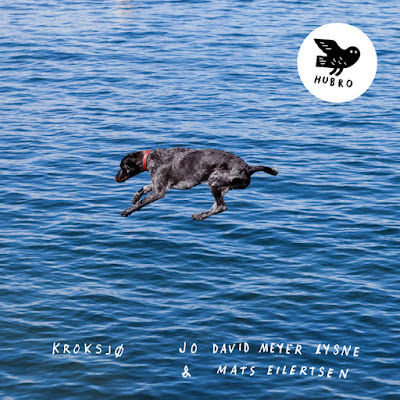Edu Lôbo
Edu Lôbo
★★★½
Brazilian music in the 70s is something that's out of this world. In my experience, there are very few MPB albums that can top the genius, flavor, and diversity of albums during this era. Edu creates just that, in the very Brazilian fashion of cultural clashes and fusions. Like Brazil, the backgrounds of people from all ways of life are present here. The African rhythms and drumming, mixed with fanciful horn sections, and Edu's soulful and heartfelt singing ties it all together. On a side note, I could imagine Madlib sampling the life out of this album. Edu doesn't have the most memorable or unique voice during this Brazilian Golden Age of music, but it's stable like a wall, unfaltering in any way. Each song has its own personality and story. He utilizes many different musical styles and techniques to mold them into the perfect dough that he completes by cooking it with mystery spices and pours his warm voice onto the steaming pastry. The first bite you take is full of flavor and texture, and you're craving more before even finishing.
It's kind of hard to outdo yourself when you have an opener like "Vento Bravo". A more laid back singing style is mixed with a hypnotic piano loop that plays as an undercurrent to the whole track and feel. The saxophone that cuts through reminds me a lot of something straight out of a piping hot Fela Kuti record. "Viola Fora De Moda" adds a guitar that seems like it's being played straight out of a train cart by a man who knows nothing of his destination. Carefree, and open to whatever comes its way. The vocals are among the catchiest on the album and the flute adds a slight jazz feel to the whole track. "Porto Do Sol" is extremely dream-like, with a jazzy synth backdrop that just transforms Edu's voice into an evaporating liquid. Edu is well known within the Bossa Nova scene, as he was essential to the upbringing and popularity of the genre. He visits those roots on "Zanga Zangada", with an exceptionally smooth saxophone.
Transitioning into "Kyrie" is almost like the experience of having a baptism, not that I would know how that would feel, but it's my best guess. Religious chants and uplifting horns take you into a state of entrancement before breaking into a funky and hip-shaking groove that completely takes control. The chants become like scat singing and the horn section transforms into a herd of elephants that have just found their watering hole; boisterous and full of joy. It's definitely one of the more creative songs that Edu includes on this record. Until the last track, this side of the record doesn't bare much fruit however. The songs fine, but not standout and they barely keep the pace going. He plays it a bit too safe during those sections if you ask me, but by the time you hit "Libera-Nos" it's a different story. Accompanied by a whole string section, the start of this song sounds almost like a mid 20th century classical piece that has been through the Amazon and has come out the other end as a completely different composition.
I think it's easily the most majestic and complex song, but complex in a manner that doesn't hinder, only elevating each different part into complete greatness. He isn't really featured as much in this song, but his genius as an arranger is definitely showcased. Throughout this album Edu has proudly mixed in those who influenced him, and those he's collaborated with. Many of those being American artists, and even as he dabbles in some sort of musique concrète, he shows his Brazilian heritage. Edu starts strong on this album, but he shows that he can end even stronger. A strong and searing message that makes you feel differently about the world around you compared to before hearing it. Even if it doesn't take that long for it to drift out of your mind again, it'll be rooted and you're sure you'll come back to it. And that's part of what music is all about isn't it?
Favorite Song: Libera-Nos




Comments
Post a Comment